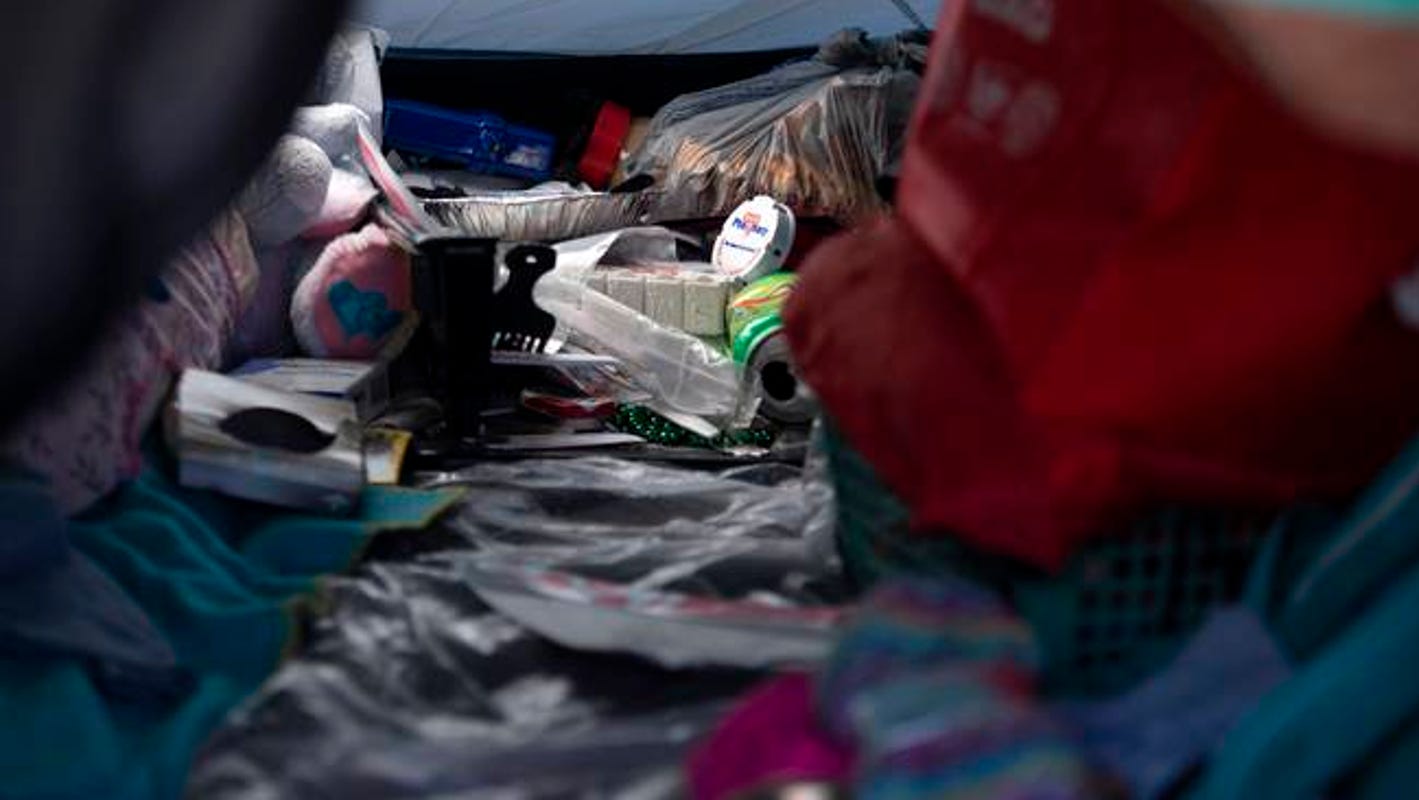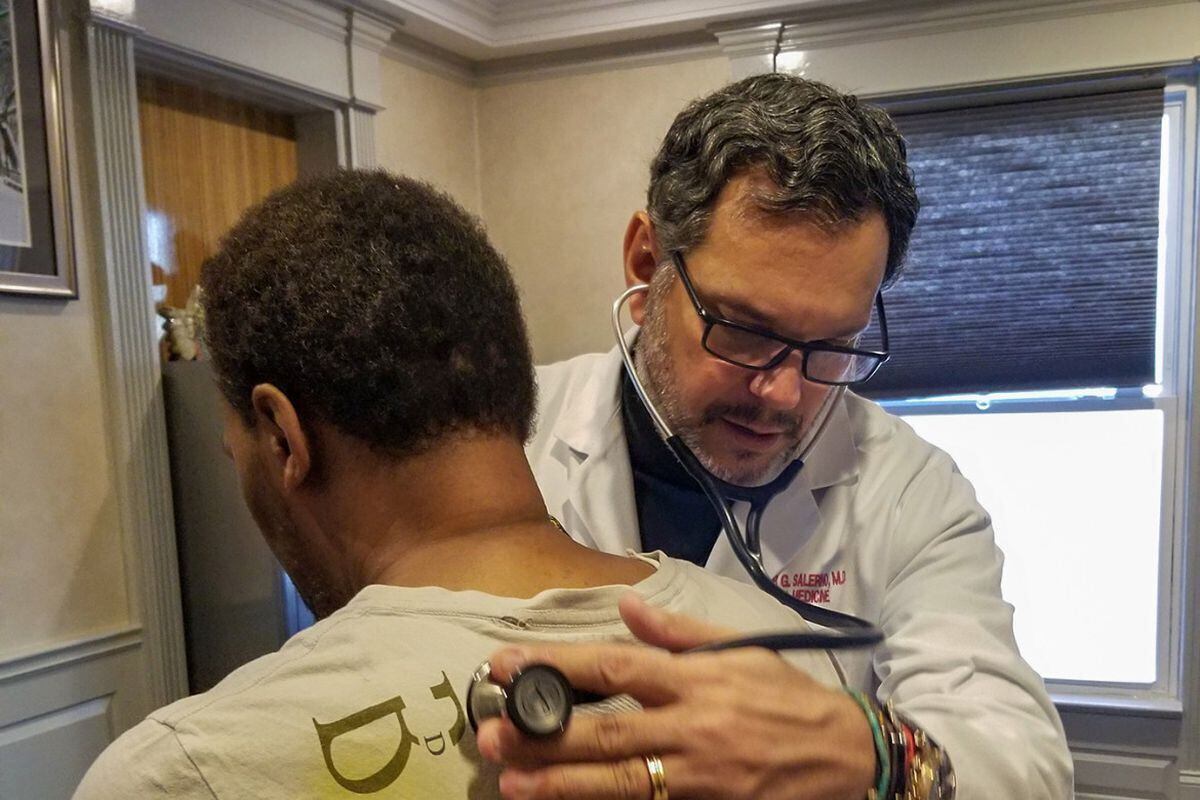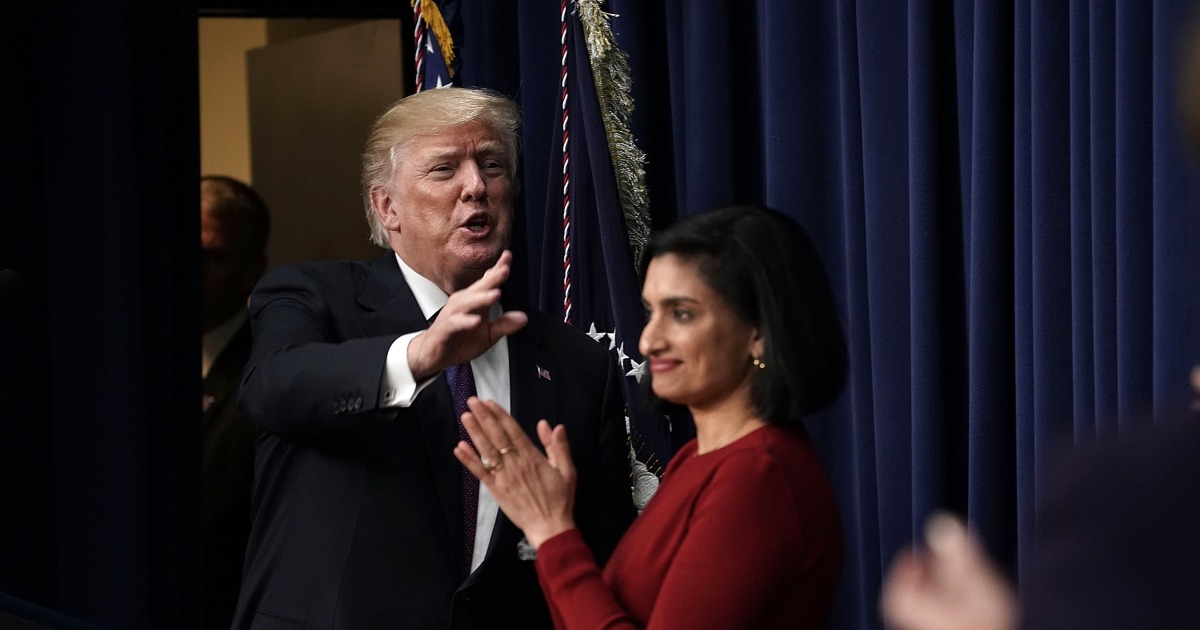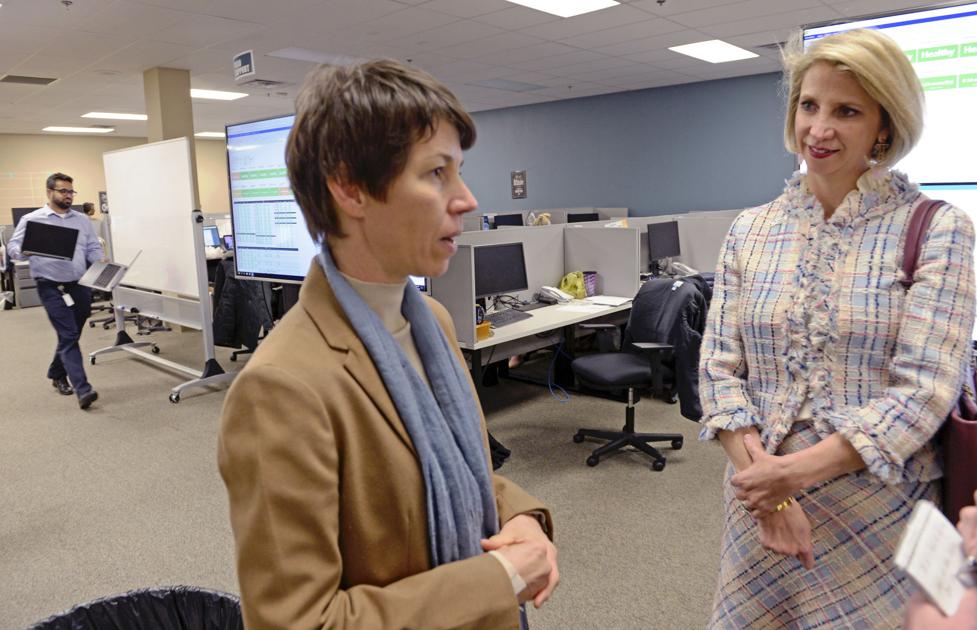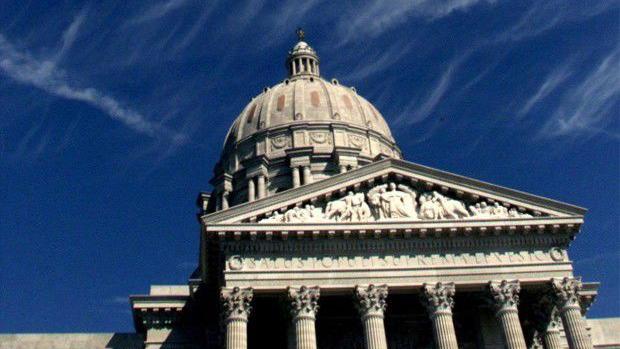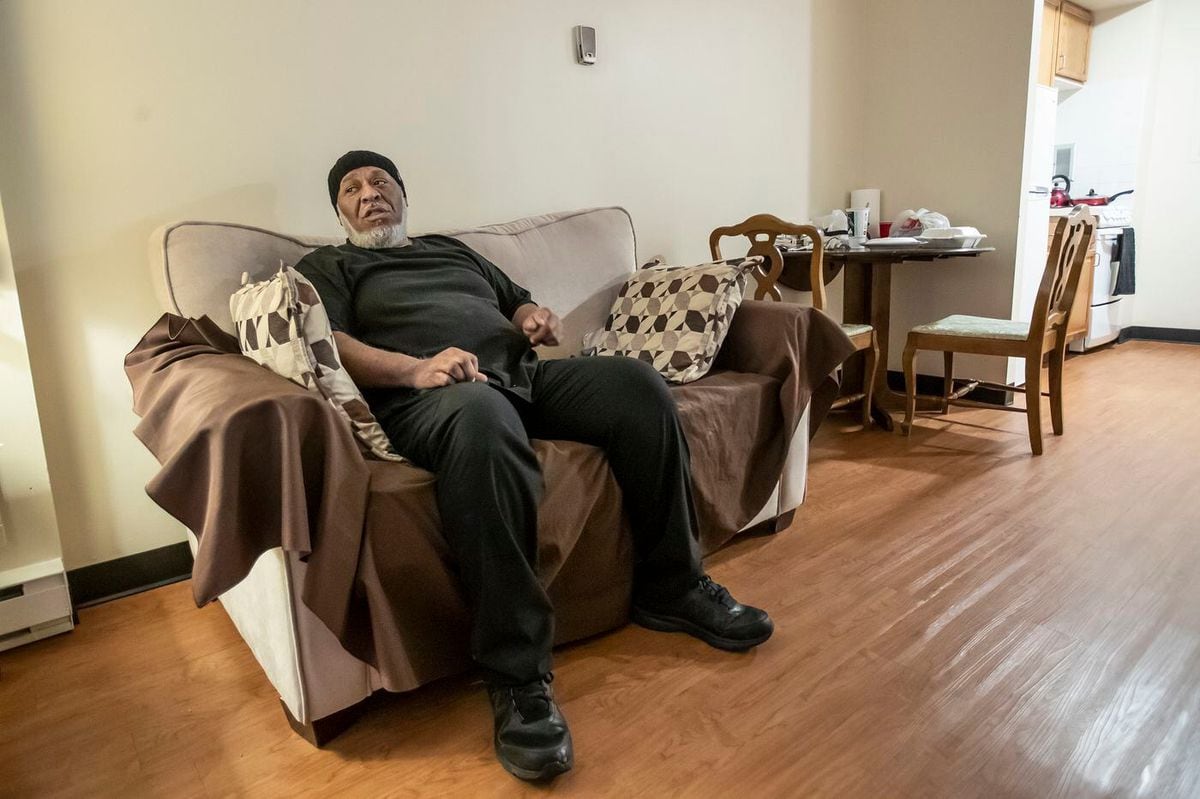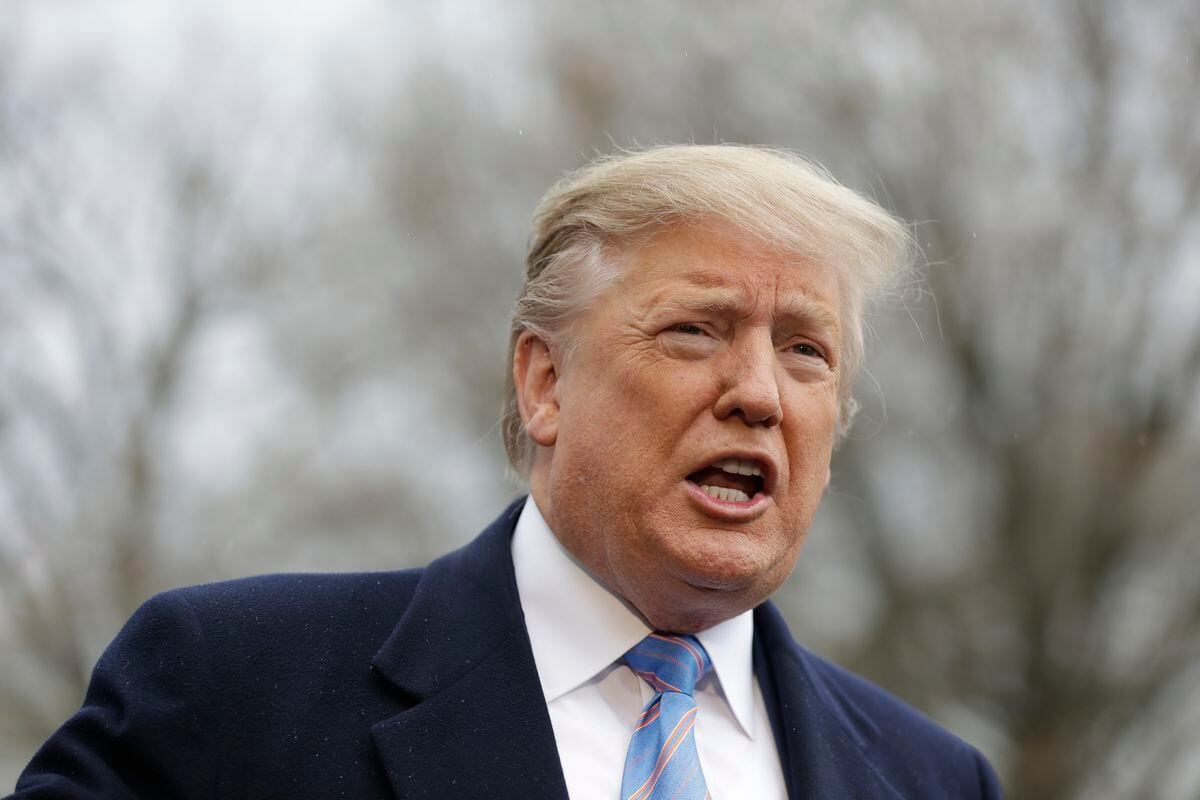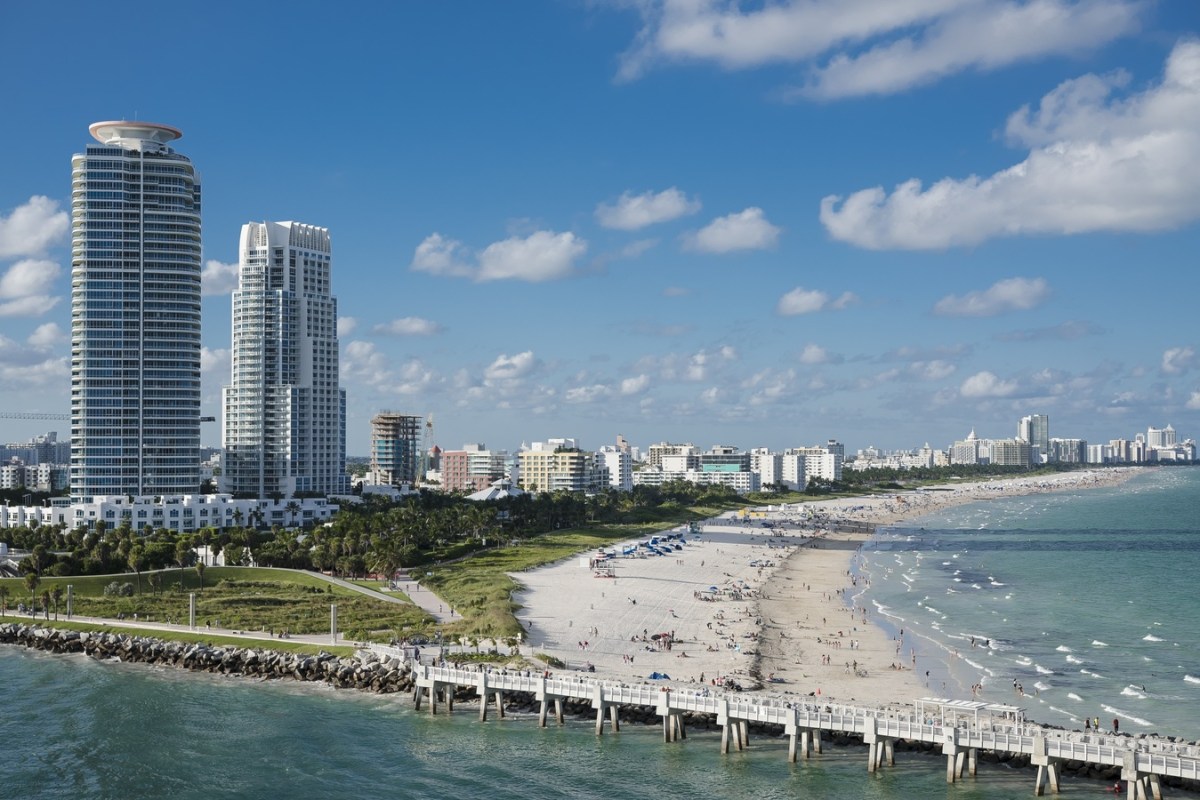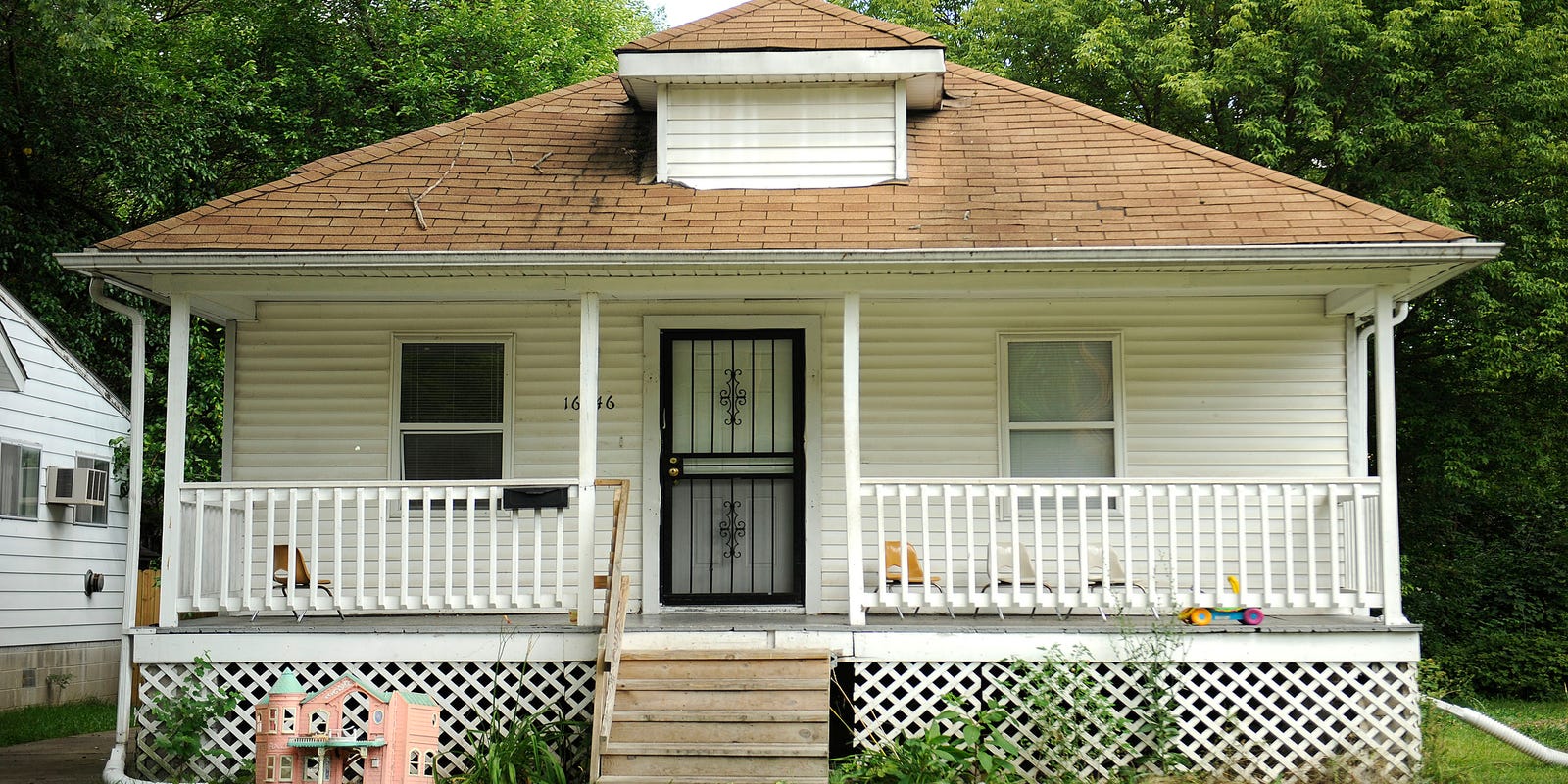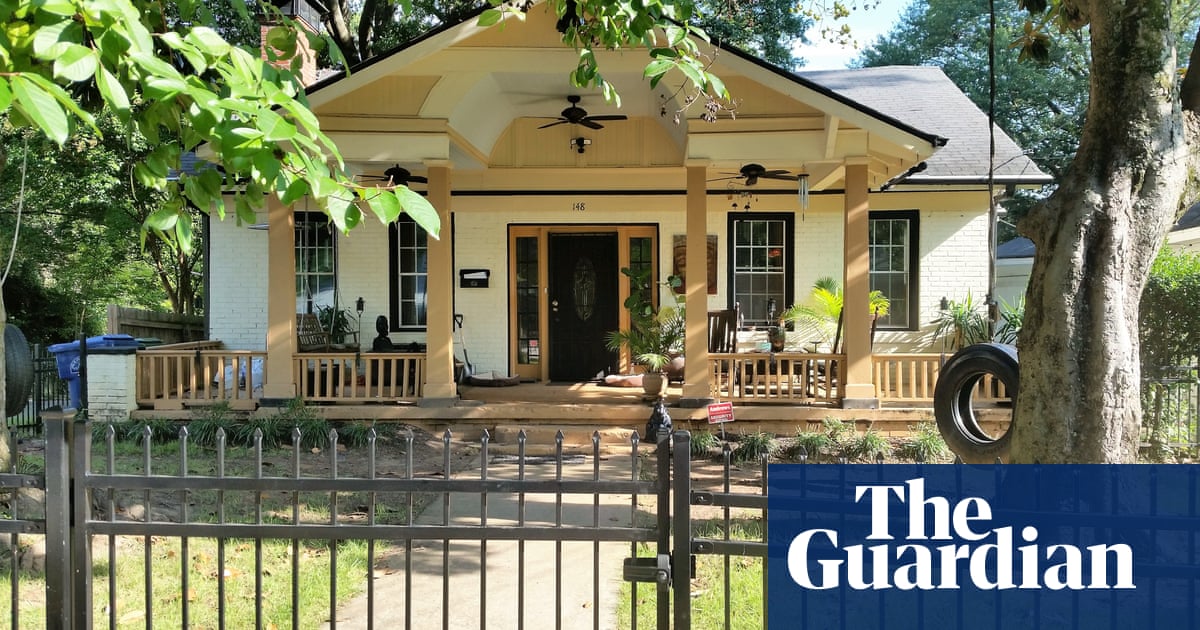“Does the federal government have the actual authority to do that?”
They could lose coverage for a month or more during the year.
Abbott says the homeless need mental health care. Advocates say Medicaid expansion would help
The Missouri House of Representatives’ Health and Mental Health Policy Committee on Monday afternoon heard public testimony on a bill that would place eligible children in Mo HealthNet for one-year periods.
UnitedHealthcare is dropping hundreds of other doctors in its central and northern New Jersey Medicaid physician network. The move is forcing thousands of low-income patients to forsake longtime physicians. The insurer has been barred by the state from signing up new Medicaid clients.
Texas spent about $862 million in federal and state funds from a program for families in need, according to a new report . But only 6% of those funds were
When some fast-food workers in New York went on strike one morning in 2012, they had no idea it was the beginning of an unusual movement that would propel an economic revolution.
Nationally, among the 6.5 million custodial single parents who were awarded child support in 2015, only 43.5% received all of the child support money that was due.
In the midst of a punishing housing crisis and deepening concerns about displacement, a program to give free legal advice to those facing eviction helped nearly 730 people stay in their homes in a six-month span last year. But enabling universal access to a full menu of services requires more investment, Supervisor Dean Preston said.
More than 4,600 people in Missouri are waiting for a public defender.



